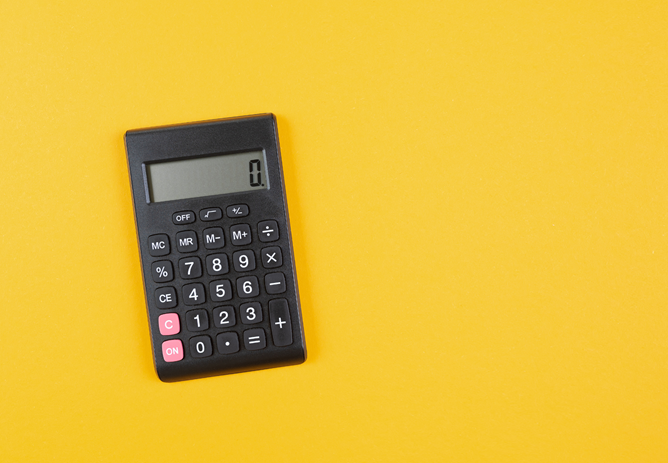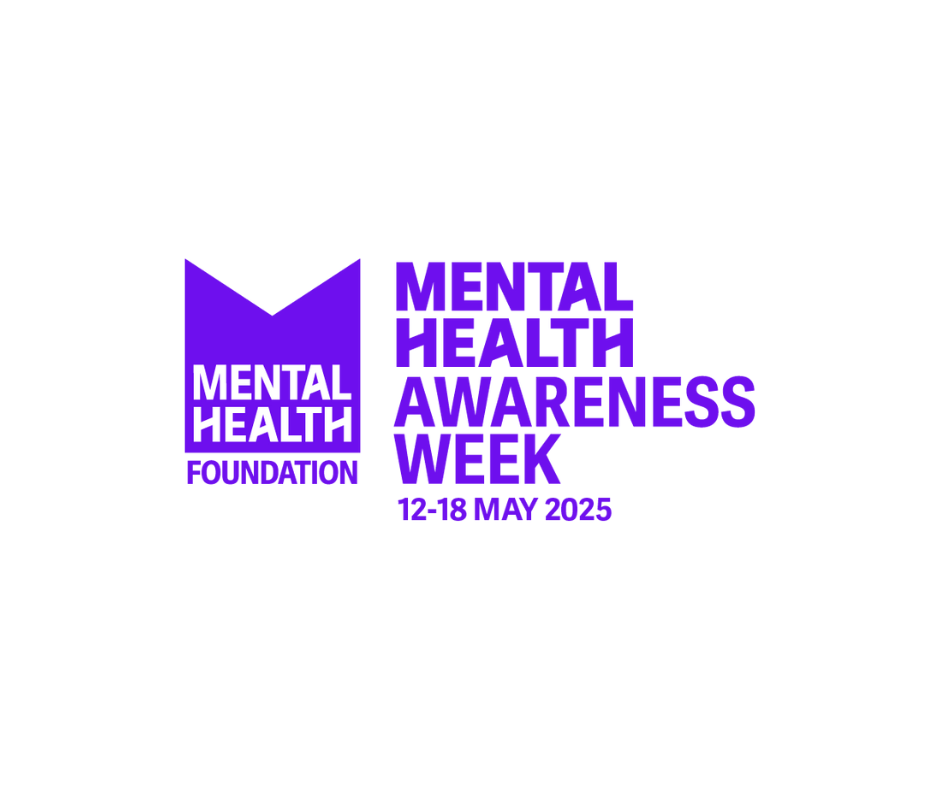29 March 2024
Budgeting First Steps - Separating Needs from Wants
When you begin to budget, the initial advice you will always receive is deciding between what you want and what you need. Whether it’s leaving a purchase for a while to decide this to prevent impulse buying or writing lists for expenses. But do you find yourself having trouble distinguishing between wants and needs? Don’t worry, sometimes we all do, and it’s not always as clear cut as you may think! Smart Money Cymru is here to help!
What is a Need? Or a Want?
What qualifies as a need can sometimes be blurry.
People have essentially very few true needs: shelter, clean water, food, (and a way to prepare it,) clothing, and warmth. Of course, it isn't realistic to expect someone to thrive with only these items. If you have a job, you need to be able to get there; you and your family need to protect themselves and their health; and you might be legally required to make other payments too such as council tax, national insurance etc.
What’s important to note is that not everything you might think you need actually is a need. Unless it's required for your job, of course.
In order to create a budget for yourself, you first need to take a hard and honest look at what you need compared to what you want.
Deciding what’s a required expense.
Your required expenses, or needs, must come before anything else. Try sorting these needs into the following categories to help you:
Shelter
Think utility bills, mortgage, or rent payments, bills – anything and everything that without paying, you would be without comfortable shelter and accommodation. You can include television payments into this, and internet too!
Protection
These are things you cannot afford to be without, such as insurance, healthcare or dentalcare (if applicable), childcare, prescriptions, and a rainy-day fund, which ideally accounts for 10% of your gross income!
Food
This section is pretty simple – and it includes your basic groceries. Sadly, dining out does not count, we’re afraid.
Clothing and Clothing maintenance
We’re going to assume you own clothes, but of course setting aside money for maintenance, be it fixing clothes you own or replacing them, is important!
Basic Hygiene
Split this into two sub-sections if that helps: personal and household. Personal involves things such as tooth care, soap, and shampoo, whilst household includes things such as laundry detergent, toilet paper and so on.
Transportation
If you don’t own a vehicle of your own, you likely use public transport, or own items like a bike. So, this section includes anything and everything from bus tickets to that yearly MOT!
Legal Requirements
This involves payments such as taxes, debts, credit cards etc. Any payments that could get you into legal or financial problems if you were to miss them!
Add all of these expenses together, and you should have a good idea of how much money you need to meet all of your essential expenses! If you have a surplus after meeting your required living expenses, that’s great! Now you can budget for your wants!
Here’s a helpful thing to consider too when it comes to your needs! If you aren’t already doing so, set up automatic monthly withdrawals from your current account to pay for or fund each of the required expenditures. That way, your requirements are met automatically each and every month, and whatever is left over is yours to spend however you see fit. This will stop you from forgetting to account for them!
Wading through the Wants!
Hopefully you will have some money left over after going through your required expenses. If you don’t and you’re having trouble affording your necessities, please do not hesitate to find help from either an advisor or service! You will not be judged, and it’s vital you find help before becoming overwhelmed!
So, how do you sort your desired monthly spending? Well-
Shelter
This is not the same as your previous shelter category, rather, this category encompasses aspects such as home furnishings, decoration, or renovations!
Additional Savings
Do you have any goals? Are you saving for a new car? A holiday? Future DIY? All of these go here!
Food
This encompasses groceries beyond your basic essentials (such as treats and snacks), dining out, your daily coffee enroute to work.
Clothing and Clothing Maintenance
This is for clothing beyond necessities – new shoes that you don’t need, a funky top you found in a sale? These all go here!
Personal
Do you make charitable contributions? Do you have someone else cut your hair or have important birthdays to buy for? Anything like this goes here.
Entertainment
Do you have any hobbies that require you to spend money? Perhaps you have streaming services you’re signed up to or enjoy visiting museums. They all go here!
Keep in mind that all of these account for wants and therefore, should not take priority over your necessities. Never be tempted to eat into your essential spending for spending that isn’t needed, as you amy find yourself literally paying for it in the long run! After you add all your needs with the list of wants, you will likely discover that you have little or no surplus, if you do, think about adding it to your rainy day find to increase it. If you find yourself in the red, read on!
Solving shortfalls!
If you have a shortfall after you calculate your required expenses (not your desired), something has to give. Here are some suggestions to cut back if you can, before turning to anyone for help!
Don’t completely cut out any of your required expenses.
You may be tempted to consider dropping insurance or the amount of money you save for a “rainy day” if you don’t have the money. But believe us, you aren’t doing yourself any favours by doing that, and the decision will come back to haunt you sooner or later.
Review each of the needs categories and consider ways to cut down on necessary expenses!
For example, you may be able to get less expensive insurance or save money on the weekly shop, clothing, and transportation by shopping around. Do your research and see if you really do need that branded ketchup.
Get help if you need it!
If you find yourself struggling to make ends meet, consider getting help or advice for your finances. Everyone has a right to debt help, and there are several tried and tested solutions to help you either lower debt payments, freeze interest and charges and lower the pressure. It’s never too early or too late to seek help, but the sooner you do, the easier it will be. Also, don’t feel ashamed about researching into benefit entitlement, you may be, and not researching could mean you’re losing out unnecessarily!






